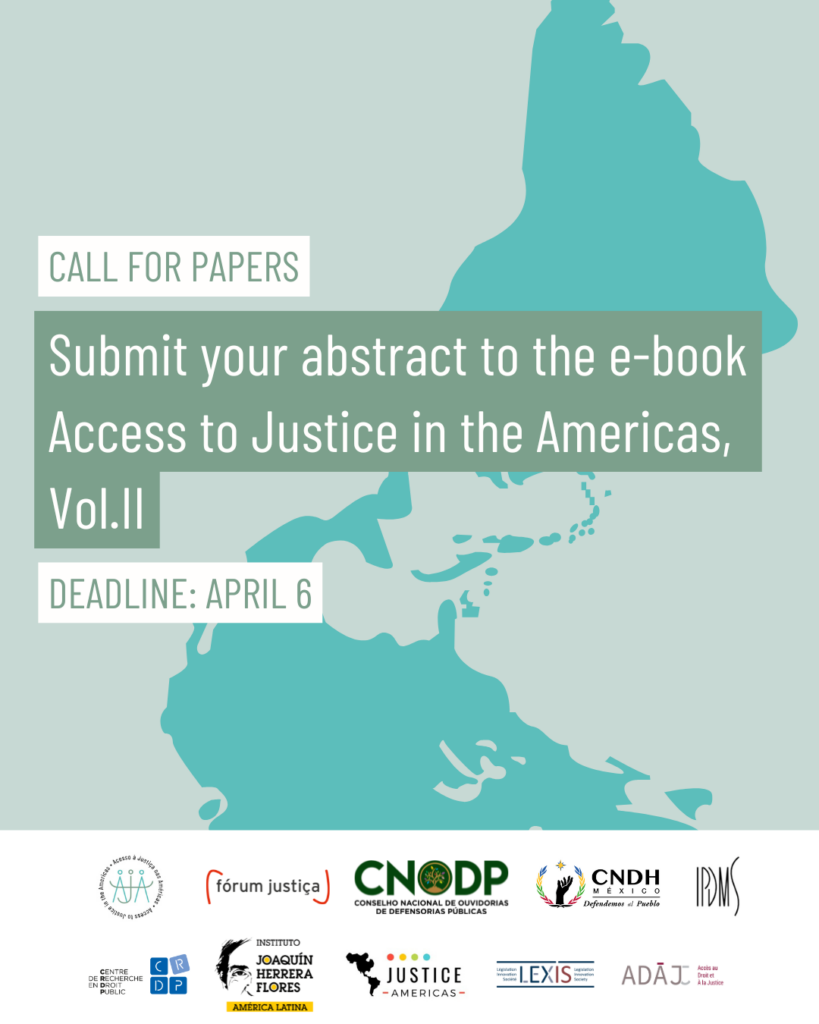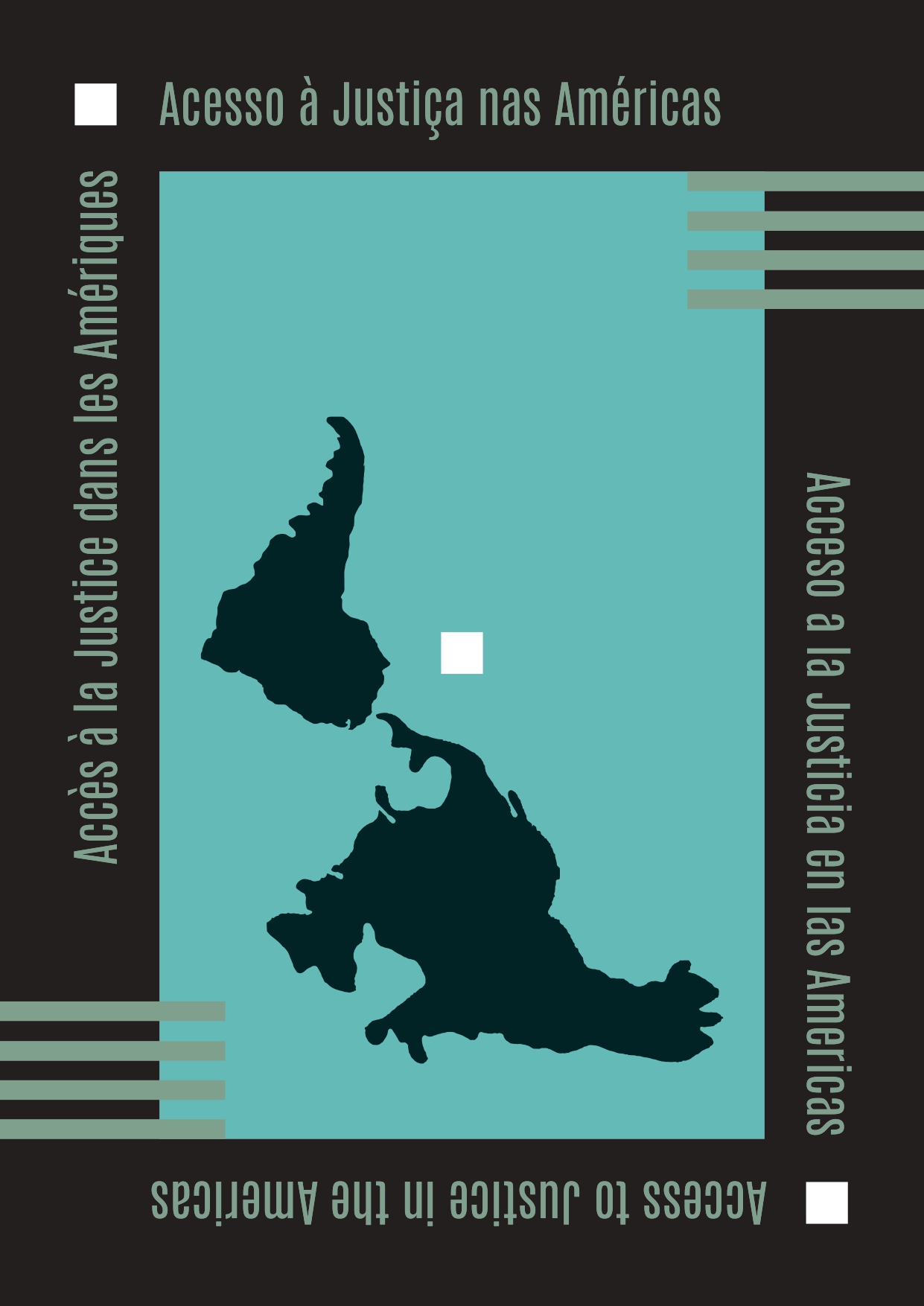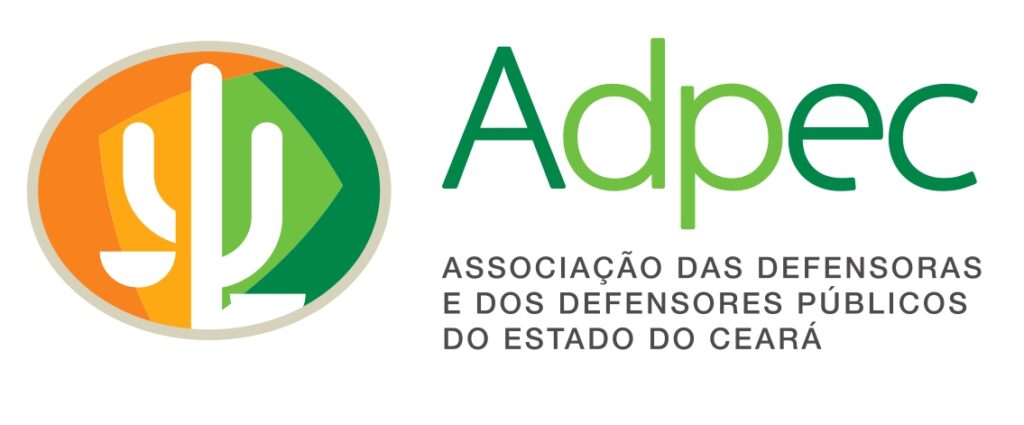2nd Call for Papers!

We invite academics, researchers, activists and legal professionals to submit their contributions to this second volume of the e-book Access to Justice in the Americas. The publication accepts articles dedicated to examining innovative practices in access to justice for vulnerable groups through empirical research from all countries and in the four main languages of the continent (English, Spanish, Portuguese and French). The publication employs a blind peer review method and has an editorial board distributed throughout the region. We aim to facilitate the horizontal exchange of knowledge to create solidarity, disseminate inclusive and efficient experiences, and propose critical methodologies for evaluating institutional capacities in law. Papers may relate to disciplinary or interdisciplinary research conducted by academics or in collaboration between academics, practitioners and activists. We promote an intercontinental debate by welcoming work from public and private institutions, social movements, and civil organizations that are willing to share their experiences, strategies, and results. Such an exchange should help to analyze the advantages and limits of the current institutional models of access to justice, report on exemplary cases, expand the network of human rights defenders and propose original solutions for a more accessible justice system.
Challenges for the Future of Access to Justice
This project raises one of the most prevalent problems facing the internationalization of access to justice in the continent today: the challenge of facilitating an international debate without the dominance of the English language. Although there exists a diverse global community of scholars dedicated to this subject, people dealing with access to justice in everyday life are primarily local and, when attempting to meet the needs of vulnerable persons in their community, their methods are usually framed by local legal approaches and contexts, being mainly dependent on national languages. Promoting a continental conversation thus proves challenging.
The perspective we intend to foster stems from a socio-legal perspective that tries to overcome social hierarchies between lawyers, researchers, and vulnerable persons. We aim to exchange local discussions arising from those actors’ interactions to understand the socio-political and economic challenges to access to justice. In this way, we can learn valuable lessons and build solidarity between similar struggles. To achieve this goal, we chose to welcome papers in the four main languages of the region (English, French, Portuguese and Spanish) and we committed to translating the extended abstracts into those same languages. We also intend to host online debates which are accessible in different languages.

-
Issue 01
PART I: Experiences of Integration and Social Participation in Access to Justice
-
1. The Judicial Power of Mendoza, Argentina, and its Access to Justice Policy: The Mobile Judicial Information Center
-
2. Access to justice in the Bolivarian Republic of Venezuela for the deaf and/or persons with hearing disabilities through Public Defense
-
3. Meeting Immediate legal Needs Via the Brazilian Public Defender’s Office: An Exemplary Case
-
4. Legal Secondary Consultation: Expanding the Reach of Ontario’s Community Legal Clinics through Community Partnerships
PART II: Reflections on the Use of Law and the Denial of Access to Justice
-
5. Analysis of the Extinction of Justice Facilities in the Northeast of Brazil from the Perspective of the Right to Development
-
6. Persecution Grounds as a Restricting Tool of the Right to Asylum in Canada: The Example of Haitian Women Who Fear Gendered Violence
-
7. Beyond Cookie Cutter Templates to Women’s Lived Experiences: Domestic Violence-based Refugee Claims from Guyana
PART III: Institutional Design of the Public Defender’s Office: Limits and Capacities to Face New Demands
-
9. Searching for the Emancipatory Institutional Potential of the Public Defender’s Office: Reflections and Propositions on the Challenge of Building Institutional Markers to Increase the Three-Dimensionality of Access to Justice
-
10. Mapping Legal Services and Social Participation in the Governance of Brazilian Public Defender’s Offices
PART IV: The Recognition of New Rights and Subjects
-
11. Economic, Social, Cultural and Environmental Rights in the Peace Agreement with the Farc-ep and its Implementation in Colombia
-
12. The Challenges of Access to Justice and Indigenous Peoples’ Strategies before Mega-Projects in Mexico: Between Legal Pluralism and the Positivismo de Combate
-
13. Legitimacy of Parents to Request the Change from Civil Name to Social Name of Transgender Son in Death Certificate
PART V:Legal Field and the Reproduction of Hierarchies
PART VI: Transdisciplinarity in the Access to Justice
-










